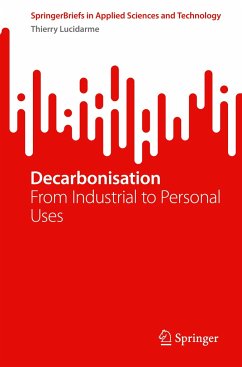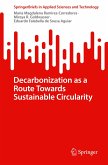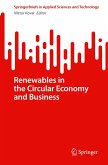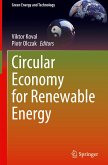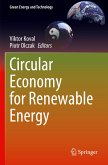This book is an insightful introduction to the pressing issues surrounding the climate emergency. The book proposes a set of principles of action, which prioritize technological solutions classified in descending order of carbon density.
The book highlights the urgent need to decarbonize industrial sites, as they are the primary sources of carbon emissions. It presents a rational approach to limiting emissions by improving the operational efficiency of industrial processes, electrification, and substitution of fossil fuels with carbon-free energy vectors such as hydrogen or ammonia. The book also describes processes for carbon capture, sequestration in the subsoil, and recovery through industrial products.
To demonstrate the application of these principles in difficult-to-decarbonize industrial segments, the book uses the industrial transport industry as an example. It also addresses the decarbonization of individual uses, such as electric cars for individual transport and heat pumps for individual heating.
The book concludes by discussing the capture of carbon directly from the atmosphere. It presents a comprehensive view of decarbonization technology, providing readers with a clear understanding of the technological basis required to develop any decarbonization roadmap. The book takes a scientific and engineering approach, trying to avoid any ideological or apocalyptic stance sometimes associated with the topic. The reader is left with a logical and realistic perspective of decarbonization, taking into account scientific and economic logic and orders of magnitude.
The book highlights the urgent need to decarbonize industrial sites, as they are the primary sources of carbon emissions. It presents a rational approach to limiting emissions by improving the operational efficiency of industrial processes, electrification, and substitution of fossil fuels with carbon-free energy vectors such as hydrogen or ammonia. The book also describes processes for carbon capture, sequestration in the subsoil, and recovery through industrial products.
To demonstrate the application of these principles in difficult-to-decarbonize industrial segments, the book uses the industrial transport industry as an example. It also addresses the decarbonization of individual uses, such as electric cars for individual transport and heat pumps for individual heating.
The book concludes by discussing the capture of carbon directly from the atmosphere. It presents a comprehensive view of decarbonization technology, providing readers with a clear understanding of the technological basis required to develop any decarbonization roadmap. The book takes a scientific and engineering approach, trying to avoid any ideological or apocalyptic stance sometimes associated with the topic. The reader is left with a logical and realistic perspective of decarbonization, taking into account scientific and economic logic and orders of magnitude.

